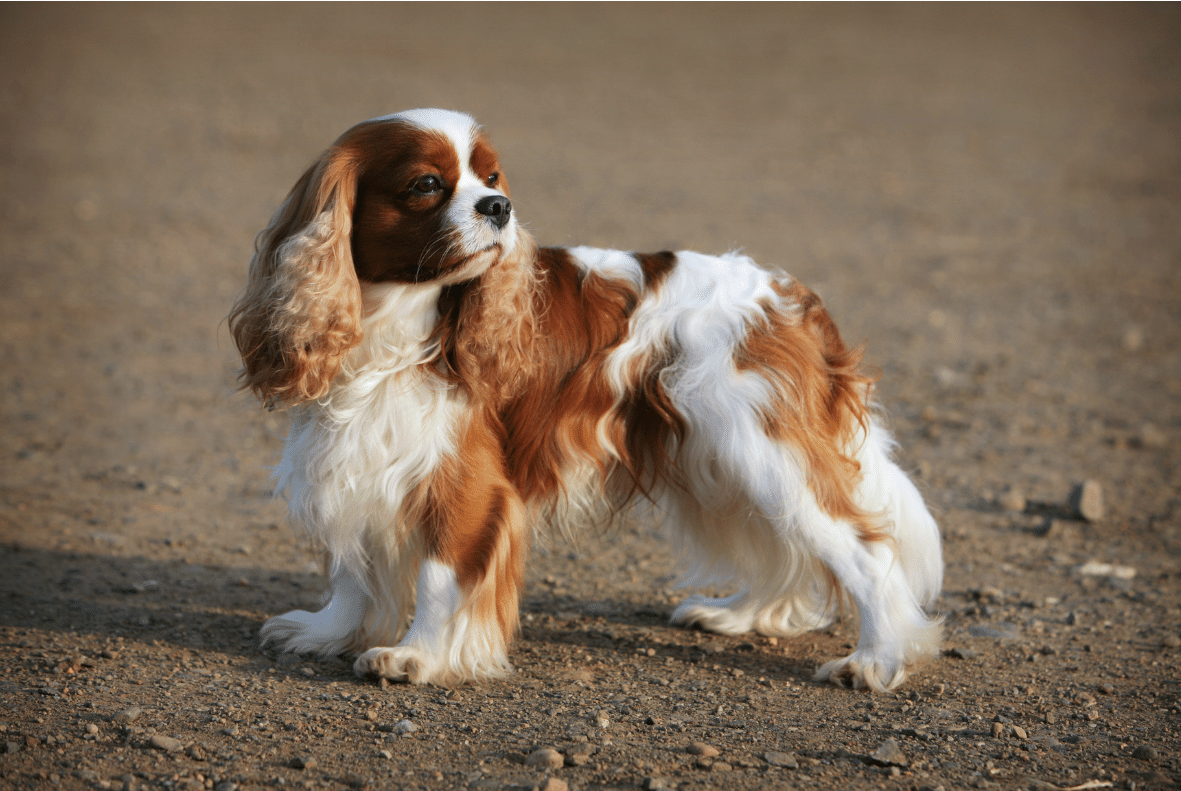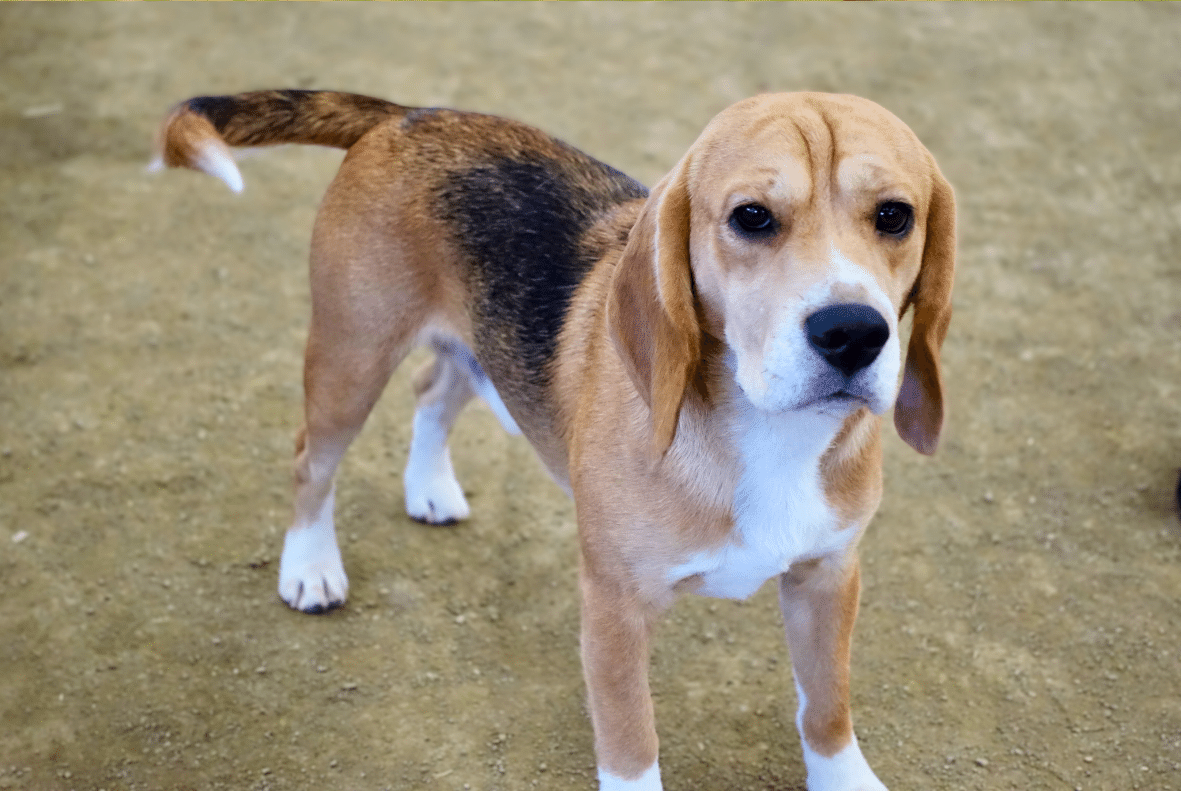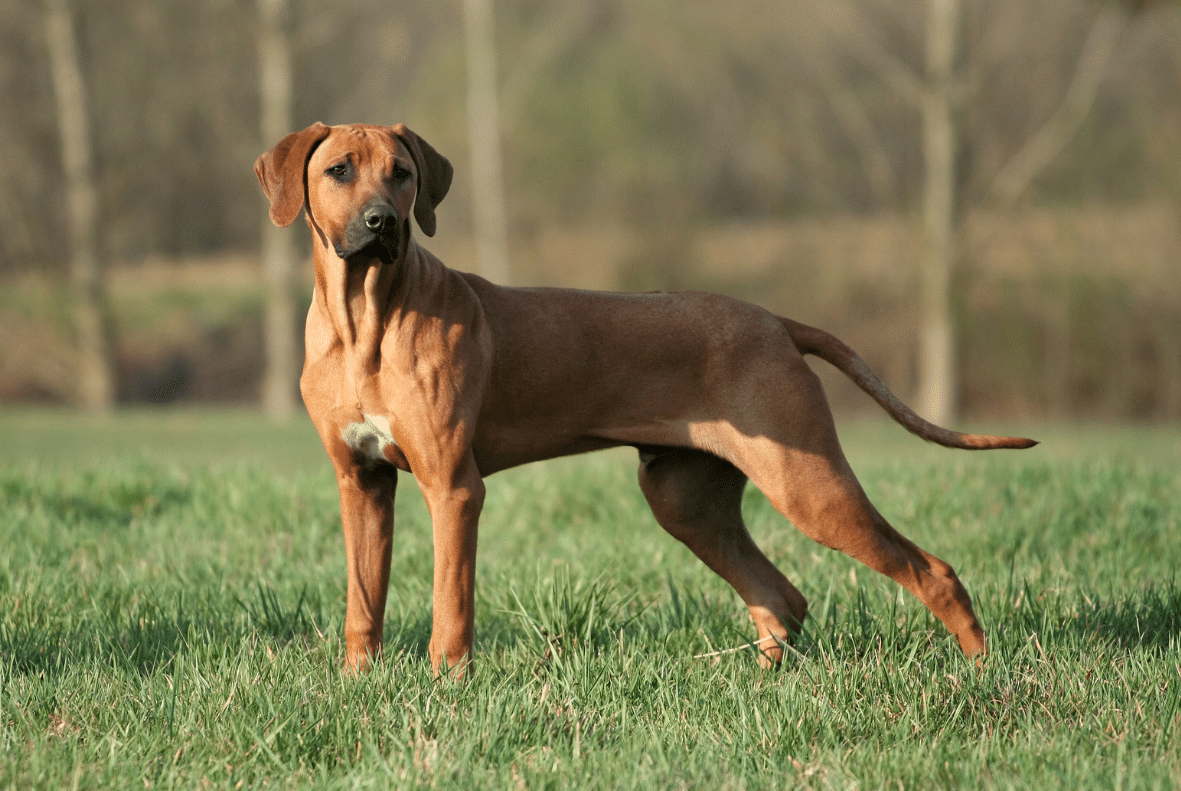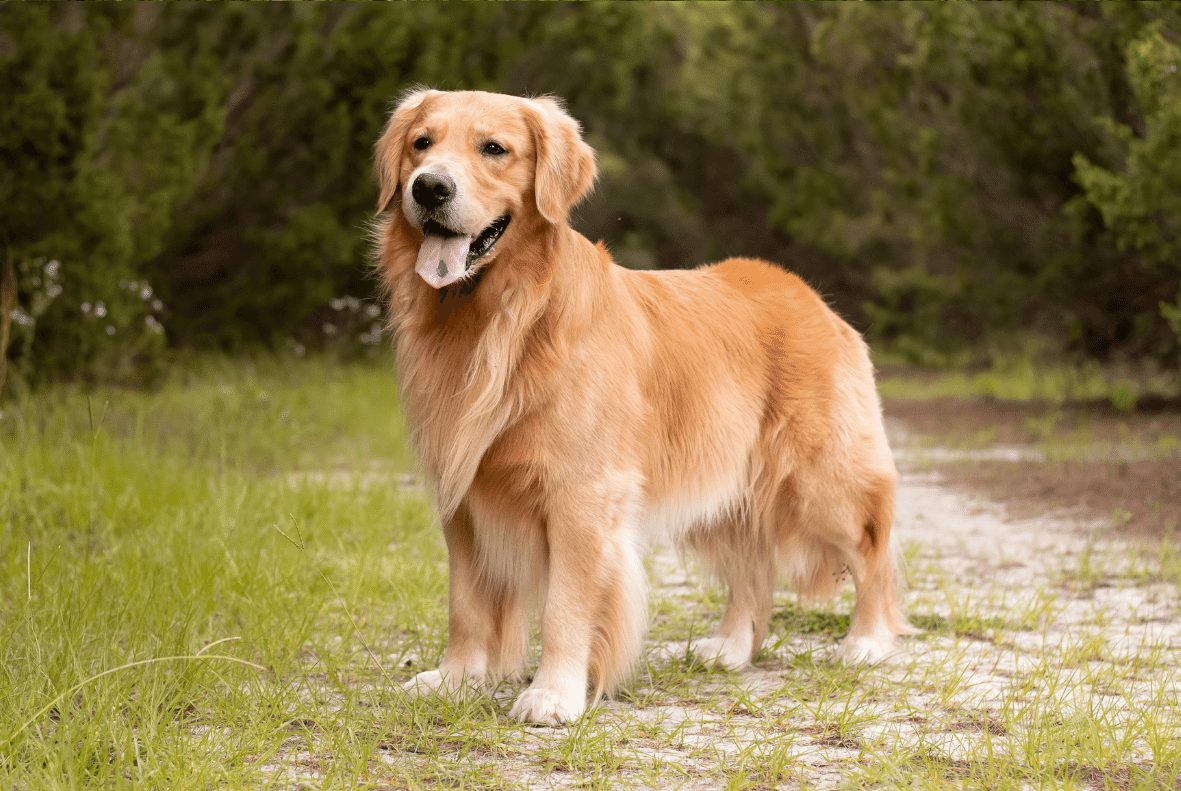Bichon Frise Insurance
Get a quoteAre you looking to insure your Bichon Frise? It's worth considering Bichon Frise pet insurance if you are looking to protect yourself against unexpected vet bills.
Bichon Frise Character
Bichon Frise Appearance
The Bichon Frise is a small breed of dog, standing at around 9-12 inches and weighing 5-8 kilos when fully grown.
Conditions which affect this breed
Some of the specific health issues to be aware of in Bichon Frises might include allergies, bladder problems, dental issues, or kneecap luxation.
Weird Fact..
A quirky fact about the Bichon Frise is its historical role as a sailor's companion. In the 14th century, Spanish sailors often took these dogs on their voyages, valuing their company and using them as items of barter. This maritime history is quite unexpected, considering the breed's current reputation as a charming lapdog.
Bichon Frise History
Bichon Frise Insurance
When looking to insure your Bichon Frise its worth shopping around, with a Bichon Frise insurance comparison you may be able to save both time and money so why not get a Bichon Frise insurance quote today.
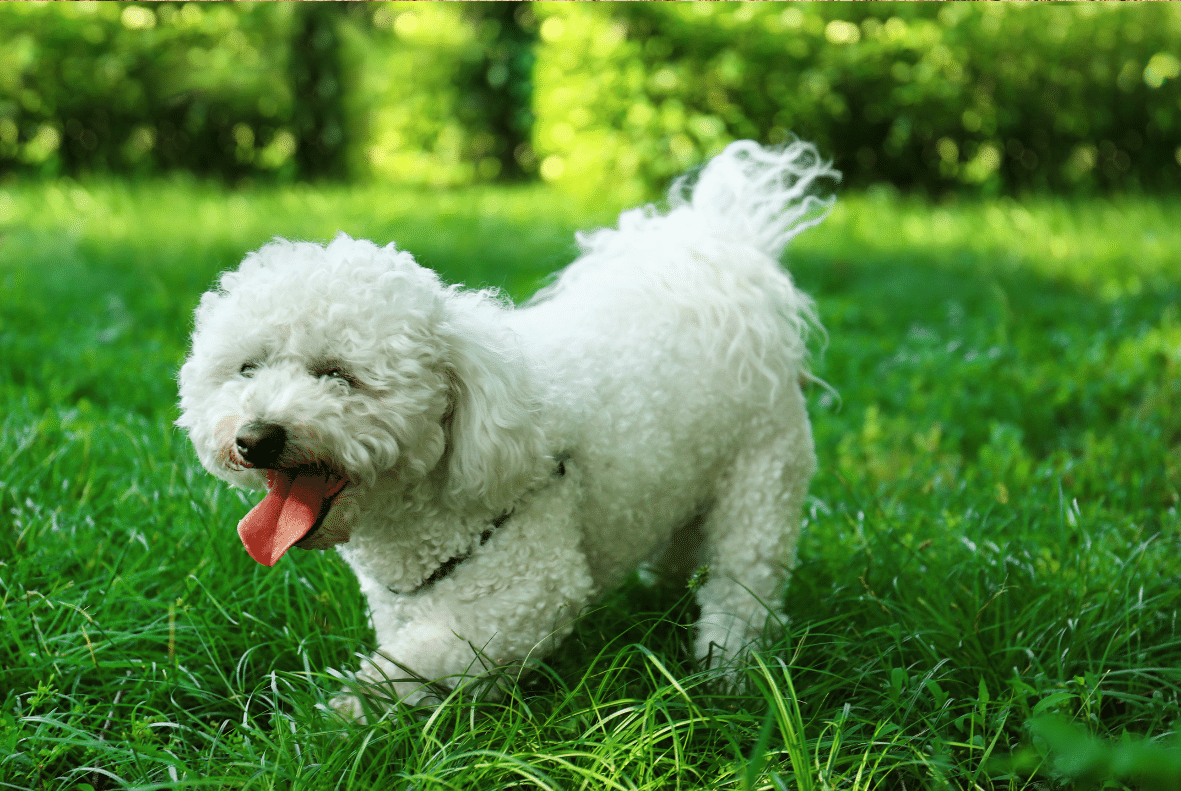
Size: Small
Life span: 12 years or more
Exercise: Up to 30 mins per day
Home size: Small
Coat length size: Long
Sheds: False
